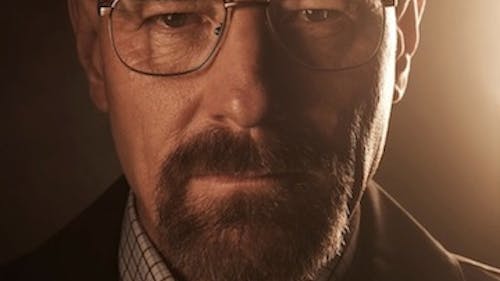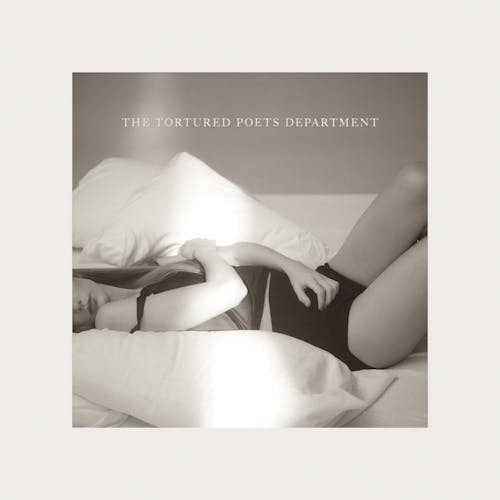The Psychology of Anti-Heroes

From Tony Soprano to Don Draper, anti-heroes have been a strong theme circulating throughout media. It is a motif that is particularly apparent in television with characters like Dexter Morgan from Showtimes’ “Dexter” and Walter White from AMC’s “Breaking Bad”. The main characters' moral ambiguity are central themes to both shows, and have served both series' well throughout their respective runs. Anti-heroes are evidently the most popular trend on television right now.
Dr. Anthony Tobia, Clinical Associate Professor of Psychiatry at UMDNJ, directly associates the idea of anti-heroes with an understanding of Freud’s id, ego, and superego. He is sure, however to draw a distinction between Walter and Dexter, and concedes that not all anti-heroes are the same.
Freudian psychology divides the psyche into three subconscious parts. The id represents irrational carnal desire while the superego is driven by an individual's conscience and morality. The ego acts as the logical mediator between these two oftentimes conflicting parts of the mind.
“Dexter Morgan and Walter White, in a way, are polar opposites of each other,” he said. “Dexter is your proverbial bad seed. This is an individual who is id, despite being an adult. It was identified early on by both his father and another psychiatrist that he is ‘beyond help.’ Therefore they would just have to nurture his carnal desire and refocus in lieu of trying to correct it," Dr. Tobia said. He states that is analogous to imposing a Freudian superego.
Because of this conflict of character, it’s easy to see why “Breaking Bad” is more popular. Walter is the more relatable anti-hero.
"I think Walter is the direct opposite [of Dexter]. This is a gentleman that started out innately good. I think he had the superego of a "normal chemistry teacher" and because of different stresses in his life, had incorporated or embraced his id.
“I think because of the direction Walter has come from, it speaks to the majority of viewers,” Dr. Tobia said. “Walter's mechanism and his journey is much more consistent with the average viewer than Dexter's is.”
Walter and Dexter have compromised moral compasses, which should mean that viewers ought to have a difficult time relating to the events on-screen.
“Morality is a conscious effort,” Tobia said. “The challenge is allowing our unconscious to become our conscious and enjoy it. A lot of people will watch and be turned off. What that means is their superego is not allowing the id to express itself, even in this safe format.”
The average collegiate viewer . Benjamin Bucca, a School of Arts and Sciences junior, believes the affect of these mirrors that of violent media.
“It gives people an opportunity to see themselves in a situation they wouldn't be able to be in, in real life,” Bucca said. “I think a lot of people maybe harbor such externalities in themselves, and there's really no release for that. What a lot of people see in violent video games and violent media, gives them a release.”
Sierra Commons, a first-year in the School of Engineering, attributes the popularity of anti-heroes to the viewers’ unconscious desires to be bad.
"There's always been a bad-boy mentality,” she said. “Especially with girls, a lot of the times, they always like the bad ones... [it’s] indulging the evil side of yourself, but also it is getting to see that there is good and evil together.”
Commons even went a step further to explain the recent phenomena of “feeling bad for the bad guy” through the new Netflix hit, “Orange is the New Black.”
“I find that [show] interesting because pretty much all of the characters have done bad things, and they're not necessarily the most warm and fuzzy people, but when you see their back stories, you can empathize with them,” she said.
“I think, especially a show like that, really teaches you to think about how people have been through a lot and they're not just necessarily what you see on the outside.”
If “Breaking Bad” had begun with Walter as Heisenberg, would viewers have had the same empathy for his character? The idea of an anti-hero adds a certain depth, and spice to a show, that otherwise, as Commons said would be, “the sort of pasty 'everyone's a hero, super all-good’. It's just more interesting when it's diverse and not just black and white.”



